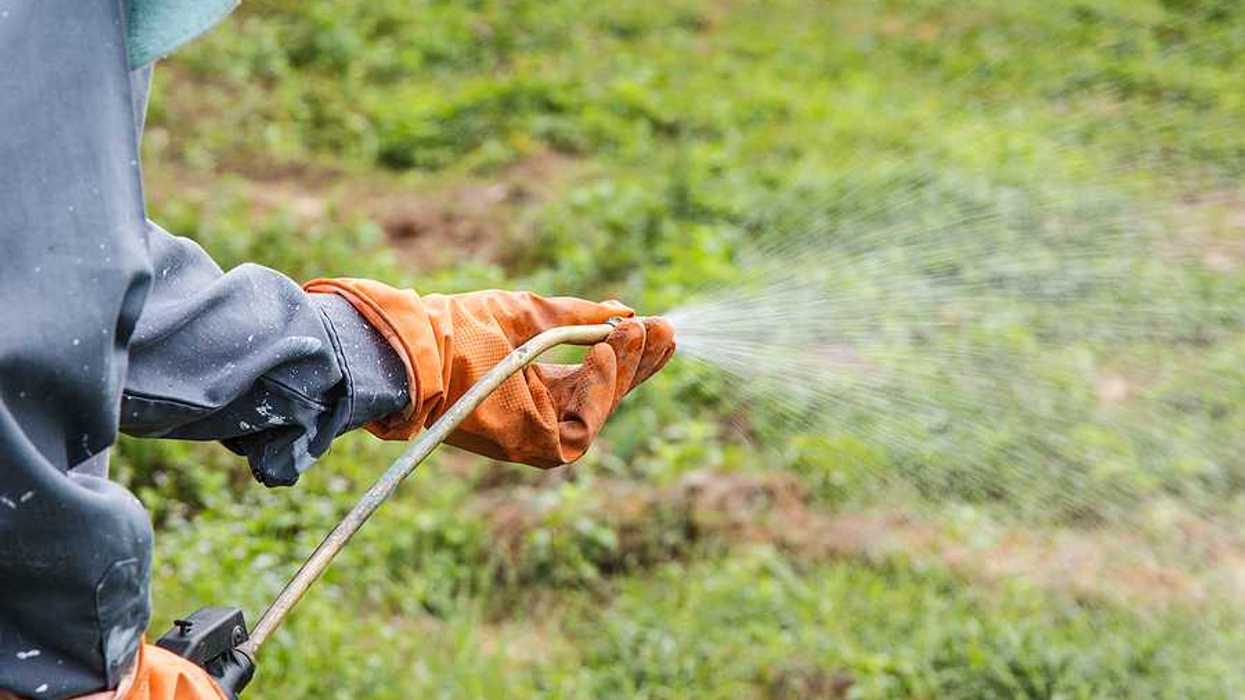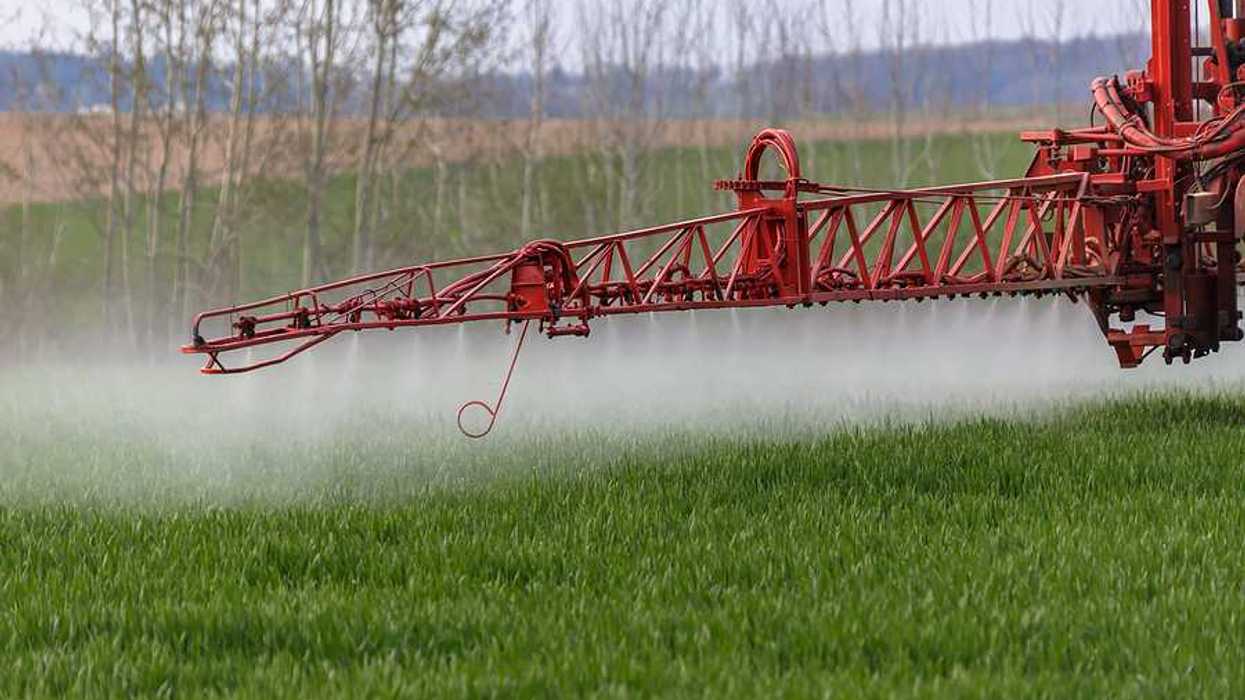A two-year animal study has found that glyphosate, the active ingredient in many popular weed killers, causes a range of tumors in rats at exposure levels considered safe by regulators in the U.S. and Europe.
Carey Gillam reports for The New Lede.
In short:
- Researchers from the Ramazzini Institute in Italy and international collaborators exposed more than 1,000 rats to glyphosate and commercial glyphosate-based herbicides via drinking water from prenatal life through adulthood. The study identified increased rates of rare tumors, including leukemia, across all exposure groups — even at the lowest dose.
- The European Union’s acceptable daily intake for glyphosate is 0.5 mg/kg of body weight, and the U.S. EPA considers up to 50 mg/kg/day to show no adverse effects. Yet tumors developed even within these limits, raising questions about current regulatory safety thresholds.
- Bayer, which owns the Roundup brand, dismissed the findings, criticizing the Ramazzini Institute’s methods and credibility. The company faces ongoing litigation in the U.S. from tens of thousands alleging that glyphosate caused their non-Hodgkin lymphoma.
Key quote:
“The findings from this carefully conducted study, and especially the observation that prenatal exposures of infant rats to glyphosate during pregnancy increase incidence and mortality from early-life leukemia, is a powerful reminder of human infants’ great vulnerability to toxic chemicals.”
— Philip Landrigan, director of the Program for Global Public Health and the Common Good at Boston College
Why this matters:
Glyphosate remains the most widely used herbicide in the world, found in everything from backyard gardens to commercial agriculture. Despite decades of use, the science around its safety is still contested, especially concerning long-term, low-dose exposure. The chemical’s presence in food, water, and air — combined with its ability to disrupt endocrine, liver, and immune functions — raises growing alarm among scientists and public health experts. Studies linking glyphosate to early-life diseases, including leukemia, highlight a particular risk to children and pregnant women. While regulatory agencies have maintained its safety, independent studies continue to challenge those conclusions.
Read more:














